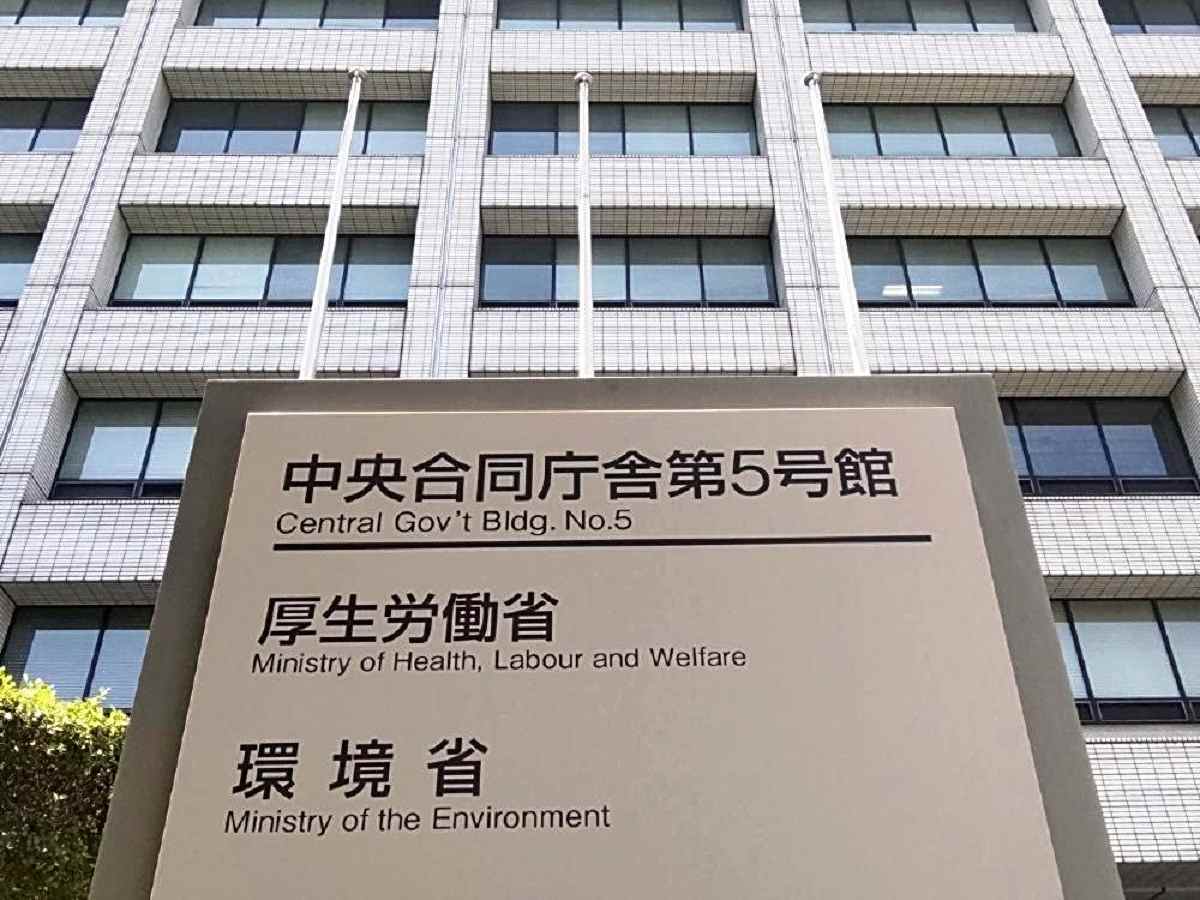Organ Transplant Data for Japan’s Hospitals To Be Disclosed by Health Ministry; Database in Development to Give Patients More Information

A government building accommodating the Health, Labor and Welfare Ministry head office in Chiyoda Ward, Tokyo
1:00 JST, June 23, 2024
The Health, Labor and Welfare Ministry has announced that they would disclose information about transplant operations at medical institutions amid difficulties in transplanting organs from brain-dead donors.
The ministry plans to disclose the data, which would include the number of patients on waiting lists as well as survival rates of organ recipients, by the end of the fiscal year.
Currently, patients who want to donate organs have to choose, in principal, only one institution to carry out the transplant. As data regarding transplants is not publicly available, patients have to rely on opinions of doctors in charge of their care and the number of successful transplants at the institution where they are receiving treatment.
Amid the rising number of organ donations from brain-dead people, leading transplant facilities such as the University of Tokyo are seeing an increasing number of patients on their waiting lists. In some cases, hospitals had to refuse organ donations due to a lack of hospital beds and staff. It may be the case that this problem could be resolved by the disclosure of data.
The ministry’s policy was announced Tuesday by Hiroko Otsubo, head of the Public Health Bureau of the health ministry, in response to a question from Satoshi Umemura, a House of Councillors member of the Japan Innovation Party, during a session of the upper house’s Committee on Health, Welfare and Labor.
The ministry plans to use a database currently in development by the Japan Organ Transplant Network (JOT) and the Japan Society for Transplantation. The database, known as TRACER, is being subsidized by the government and would bring together all information related to organ transplant operations performed in Japan. For each medical institution, the three sets of data that would be released are: the numbers of patients on waiting lists for each kind of organs; the average length of time in which patients have waited between registration and transplant operations; and survival rates after transplant operations.
During the upper house session, Otsubo said: “To promote transplant medical treatments which can be trusted by the public, disclosing data about each of medical institutions is important.”
Regarding the three sets of data that would be released, the JOT has up to this point only disclosed totals for each kind of organ. As of May, 14,194 patients were waiting for a kidney, 842 for a heart and 615 for a lung. In total, over 16,000 patients were waiting for an organ transplant.
Hiroto Egawa, former president of the society and now head of Hamamatsu Rosai Hospital, is involved in the development of the database. “I assume that treatment results [including the survival rate] among transplant operators do not differ so much,” he said. “By disclosing the data of each hospital, I expect that the concentration of waiting lists at specific medical institutions will be resolved. I hope the JOT, the health ministry and the society will closely cooperate to make the plan progress.”
The ministry also unveiled plans to consider a new scheme in which patients waiting for transplant operations will be able to register at two or more medical facilities where they will undergo surgery.
Top Articles in Politics
-

Japan PM Takaichi’s Cabinet Resigns en Masse
-

Sanae Takaichi Elected Prime Minister of Japan; Keeps All Cabinet Appointees from Previous Term
-

Japan’s Govt to Submit Road Map for Growth Strategy in March, PM Takaichi to Announce in Upcoming Policy Speech
-

LDP Wins Historic Landslide Victory
-

LDP Wins Landslide Victory, Secures Single-party Majority; Ruling Coalition with JIP Poised to Secure Over 300 seats (UPDATE 1)
JN ACCESS RANKING
-

Producer Behind Pop Group XG Arrested for Cocaine Possession
-

Japan PM Takaichi’s Cabinet Resigns en Masse
-

Man Infected with Measles Reportedly Dined at Restaurant in Tokyo Station
-

Israeli Ambassador to Japan Speaks about Japan’s Role in the Reconstruction of Gaza
-

Videos Plagiarized, Reposted with False Subtitles Claiming ‘Ryukyu Belongs to China’; Anti-China False Information Also Posted in Japan



























